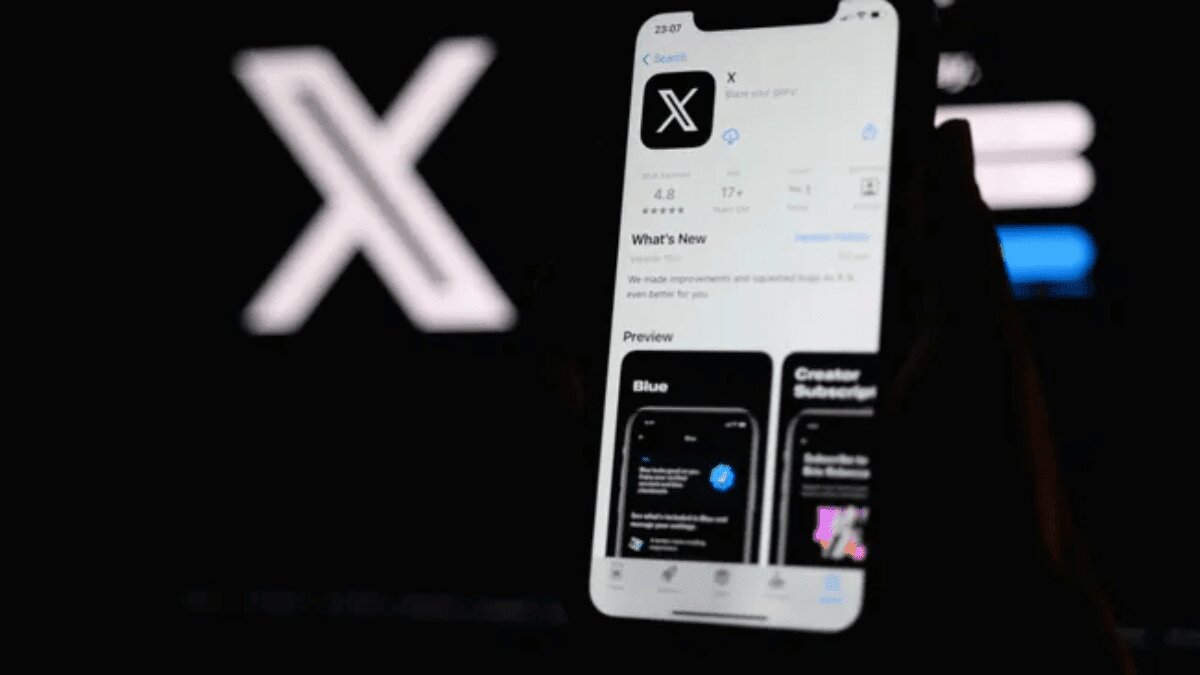If you’re in Tanzania or planning to visit, you might need a workaround to access X (formerly known as Twitter) due to the recent social media block confirmed by UK-based internet watchdog NetBlocks. The block, which took effect on August 30, 2024, is linked to political unrest and concerns over alleged opposition plans.
To bypass this restriction, using a VPN (Virtual Private Network) is the most straightforward solution. Here’s a brief guide on how a VPN can help and other alternatives you might consider:
How a VPN Can Help
A VPN encrypts your internet connection and masks your IP address, making it appear as though you’re browsing from a different country. This can help you access blocked sites and services. Here’s a quick rundown:
- Choose a VPN Service: Opt for a reputable VPN with a wide range of server locations. NordVPN is highly recommended for its user-friendly apps, fast speeds, and strong security features. If you’re looking for a budget-friendly option, Surfshark is a great choice with prices starting around $2 per month.
- Download and Install: After subscribing, download the VPN app on your device (phone, tablet, or laptop).
- Connect to a Server: Open the VPN app and connect to a server located in a country where the service you want to access isn’t blocked.
Alternatives to VPNs
If you’re looking for other ways to bypass online restrictions, consider these options:
- Tor Browser: Tor offers high security by routing your connection through multiple encrypted layers. It’s free to use but can significantly slow down your internet speed.
- Proxy Services: Proxies can mask your IP address but do not encrypt your connection, making them less secure than VPNs. They are less recommended if privacy is a concern.
- SmartDNS Services: These services reroute your traffic to bypass geo-restrictions but do not offer encryption. They’re a simpler solution if you only need to change your apparent location without needing enhanced security.
Free VPNs
While free VPNs might seem appealing, they often come with risks, such as data selling or malware. If you opt for a free VPN, consider reputable options like PrivadoVPN or Proton VPN, but be aware of their limitations compared to paid services.
For the best experience, using a well-regarded paid VPN is recommended to ensure both accessibility and security.


